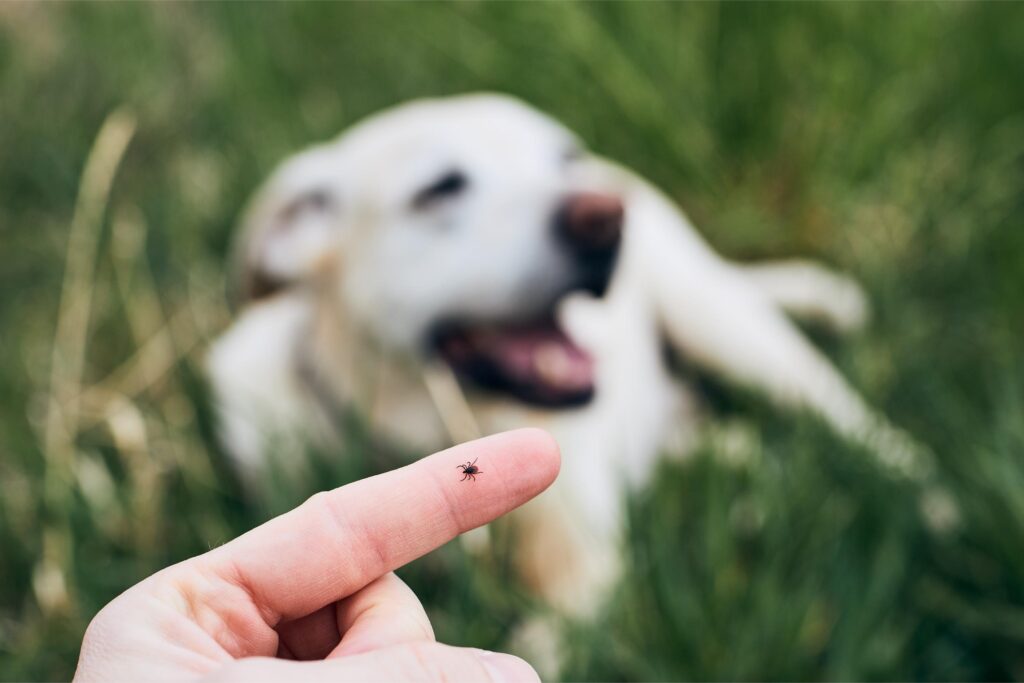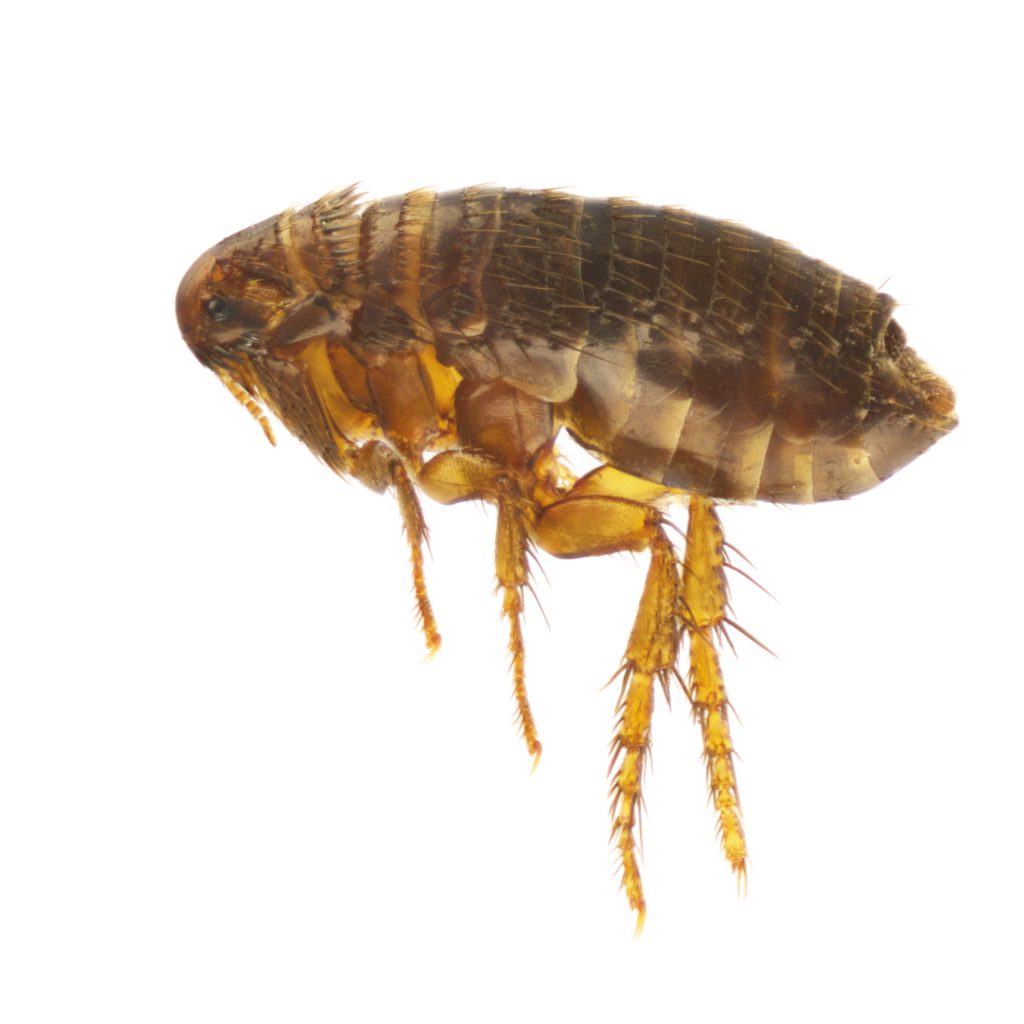
Posts in Category: Fleas Ticks & Heartworm
Tick Talk: Safeguarding Your Pet

The summer months are prime time for outdoor adventures with your beloved four-legged friend. However, as you plan exciting hikes and camping trips, it’s important to be mindful of the potential risks of ticks and the dangers they pose. At Arlington Animal Hospital, we want to ensure you and your furry companion can enjoy a fun-filled, worry-free summer!
Continue…The Battle of the Bugs: Why Year Round Parasite Prevention Matters

Fleas, ticks, and mosquitoes are fighting back. As a pet owner, you are probably aware of how annoying these pests can be to you and your pet. But you may not know that experts are now recommending year round parasite prevention.
Parasite Problems
The trouble with parasites is that they not only annoy you and your pet with painful bites, they can also transmit serious diseases. What used to be a problem from May – September is now a year round threat, thanks to warming climates and more resilient bugs. In the Arlington area, we’re just not seeing the seasonal die off of parasites that we used to. So even one missed dose of your pet’s preventive leaves them vulnerable to a host of issues.
A Pet Owner’s Guide to Lyme Disease in Pets
 With spring (finally) here and summer on the way, our thoughts naturally turn to how we can protect our pets from the dangers associated with warm weather. Making sure they’re hydrated, watching out for heatstroke, and being alert to poisoning risks are all important safety measures, but it’s important to remember that ticks also pose a significant danger to your pets.
With spring (finally) here and summer on the way, our thoughts naturally turn to how we can protect our pets from the dangers associated with warm weather. Making sure they’re hydrated, watching out for heatstroke, and being alert to poisoning risks are all important safety measures, but it’s important to remember that ticks also pose a significant danger to your pets.
Lyme disease is one of the most common tick-borne illnesses that affect pets, and its effects can be devastating. Preventing and detecting Lyme disease in pets is a crucial aspect of summer safety in Virginia.
Why Fleas, Ticks, and Other Parasites Aren’t Just a Seasonal Problem
 While warm weather may bring out all of the fleas, ticks, and other pests of the summer season, leaving your pet unprotected from parasites during other seasons may put him or her at risk for a number of vector-borne diseases.
While warm weather may bring out all of the fleas, ticks, and other pests of the summer season, leaving your pet unprotected from parasites during other seasons may put him or her at risk for a number of vector-borne diseases.
Despite the thought that pests are only active during warmer months, flea infestations can pose problems year-round and deer ticks (black-legged ticks) are often active during the winter months, as well.
Because sporadic treatment makes it difficult to prevent initial infestations, skipping your pet’s parasite preventative can be a dangerous gamble, no matter the time of year.
Fleas, Ticks…What’s the Risk?
Although many pet owners may consider parasites to be an itchy annoyance, the diseases they carry can pose serious risks to the health of a pet.
Fleas and ticks, for example, have a life cycle that perpetuates the risk of exposure through continuing to lay eggs and multiply. Fleas can also thrive indoors during winter months, going through the cycle of laying eggs which produce larvae, pupae, and then hundreds of adult fleas.
Contact Us!
2301 Columbia Pike #G-1, Arlington, VA 22204
Phone: (703) 920-5300
Fax: (703) 685-8860
Email: info@myarlingtonvet.com
Office Hours
-
Monday
8 a.m. – 8 p.m.
-
Tuesday
8 a.m. – 8 p.m.
-
Wednesday
8 a.m. – 6 p.m.
-
Thursday
8 a.m. – 6 p.m.
-
Friday
8 a.m. – 6 p.m.
-
Saturday
8 a.m. – 2 p.m.
-
Sunday
CLOSED
- Doctors’ hours are by appointment only.



